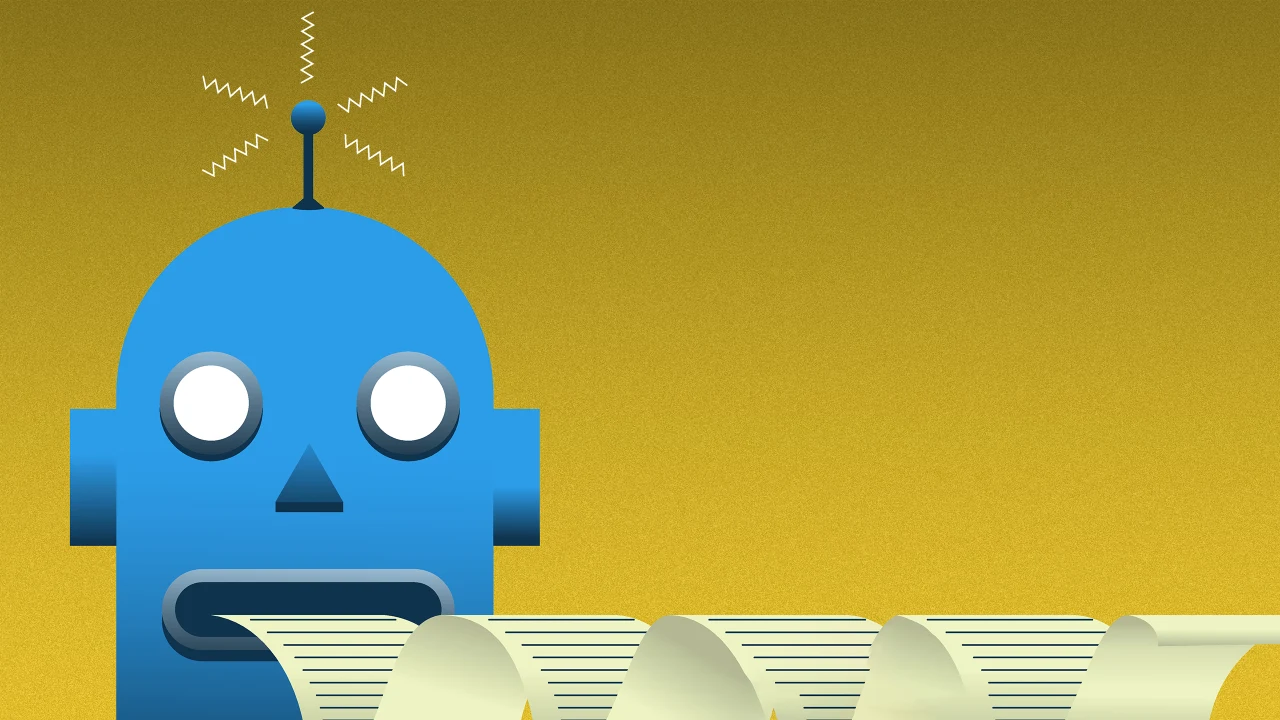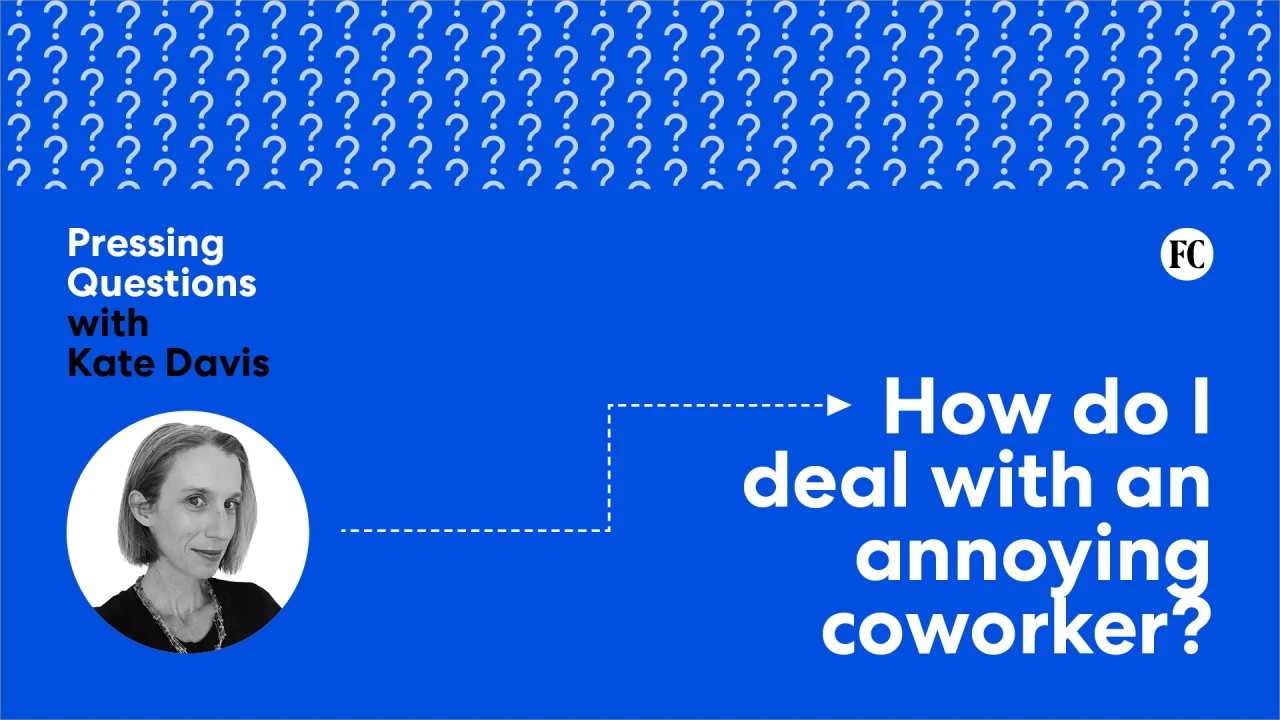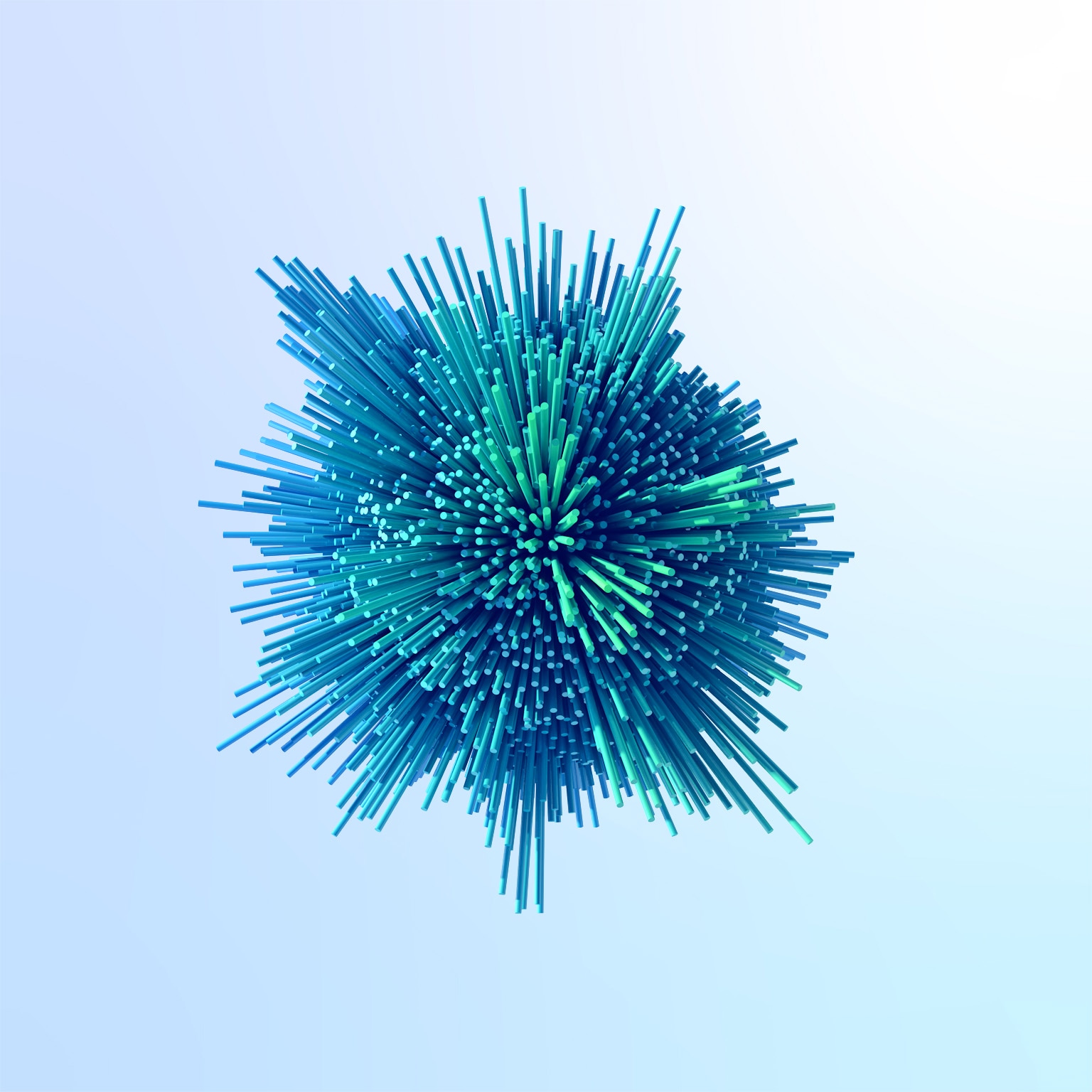Tabeer: My Journey of Meaning and Hope
The word Tabeer has always felt special to me. In Urdu, it means "interpretation" or "realization of a dream.

Introduction
The word Tabeer has always felt special to me. In Urdu, it means "interpretation" or "realization of a dream." Over time, I’ve come to see Tabeer not just as a word, but as a powerful symbol of hope, growth, and understanding.
In my life, Tabeer has shown up in many ways—through personal goals, spiritual awakening, and even simple everyday moments. Today, I want to share what this beautiful word means to me, how it’s shaped my journey, and why it’s important in many cultures.
Understanding the Meaning of Tabeer
In traditional usage, Tabeer is mostly linked to dream interpretation. It comes from Arabic and is commonly used in Urdu-speaking countries like Pakistan and India.
When someone dreams at night, they often ask, “What is the Tabeer of this dream?” In simpler words, they are asking: “What does it mean?”
But over time, I’ve learned that Tabeer is more than just dream meanings. It’s also about understanding the bigger picture in life, the signs we see, and the moments that guide us toward purpose.
Tabeer as a Dream Interpreter
As a child, I was always fascinated when elders would explain dreams. They would say things like:
-
“Seeing water means peace is coming.”
-
“Flying in a dream means you’re about to be free from a burden.”
That was my first connection with Tabeer—something magical, almost spiritual. It made me curious about the hidden meanings behind the things we feel and see, not just in dreams, but in real life too.
I began reading about Ibn Sirin, one of the most famous Islamic dream interpreters, who wrote books on how to understand dreams based on religious and cultural knowledge. His work made me realize that Tabeer requires both wisdom and intuition.
Tabeer in Real Life: My Turning Point
Tabeer became more personal for me during a difficult phase in my life. I had goals, but things weren’t going as planned. I was confused and frustrated. That’s when I started asking myself deeper questions:
-
What is the purpose of my struggle?
-
Is there a sign in all this?
-
Could this be leading me to something bigger?
Slowly, I started to see that my hardships were part of a greater Tabeer—a realization that I was growing, becoming stronger, and learning patience. That was my real-life interpretation—a Tabeer of my own journey.
Tabeer in Literature and Poetry
One of the most beautiful things about the word Tabeer is how often it appears in Urdu poetry. Famous poets like Allama Iqbal and Faiz Ahmed Faiz have used it to describe the awakening of the soul or the realization of freedom.
For example, when Iqbal talks about the youth of the nation as the dream of the future, he calls their action and awakening the “Tabeer of a sleeping nation.”
This poetic use of the word gave me an emotional connection to it. It helped me see that Tabeer is not just about understanding a dream—it’s about living it.
For more articles, top property developers in dubai
Modern-Day Tabeer: A Word of Hope
In today’s world, I believe we all need a little Tabeer. Whether you’re chasing a career, rebuilding after failure, or searching for inner peace, there comes a point when you realize the deeper meaning of your struggle. That moment is your Tabeer.
Some people find it through:
-
A spiritual journey
-
A new job after months of rejection
-
A fresh start after heartbreak
-
A small success that means the world
For me, it came when I stopped looking outside for answers and started listening to my heart.
How I Use Tabeer in My Everyday Life
I now look at life through a Tabeer lens. Here’s how I apply it daily:
-
Reflection: I journal about my day and try to see the lessons in each experience.
-
Reading: I explore poetry and stories that teach me how others found their Tabeer.
-
Conversations: I talk to friends about our goals and share what we’ve learned from challenges.
-
Faith: I pray for guidance and trust that my journey has meaning—even if I don’t see it yet.
Final Thoughts
If you ask me what Tabeer is today, I’d say: It’s the understanding that everything happens for a reason. Sometimes we see the reason right away. Sometimes it takes time. But when that realization comes, it changes everything. Tabeer is not just about dreams—it’s about life. It’s about turning your fears into strength, your doubts into purpose, and your hopes into reality. So if you’re reading this and you feel lost or stuck, remember: Your Tabeer is waiting. All you have to do is keep going, keep believing, and one day, it will all make sense.





































































![https //g.co/recover for help [1-866-719-1006]](https://newsquo.com/uploads/images/202506/image_430x256_684949454da3e.jpg)
























![[PATREON EXCLUSIVE] The Power of No: How to Say It, Mean It, and Lead with It](https://tpgblog.com/wp-content/uploads/2025/06/just-say-no.jpg?#)





















































